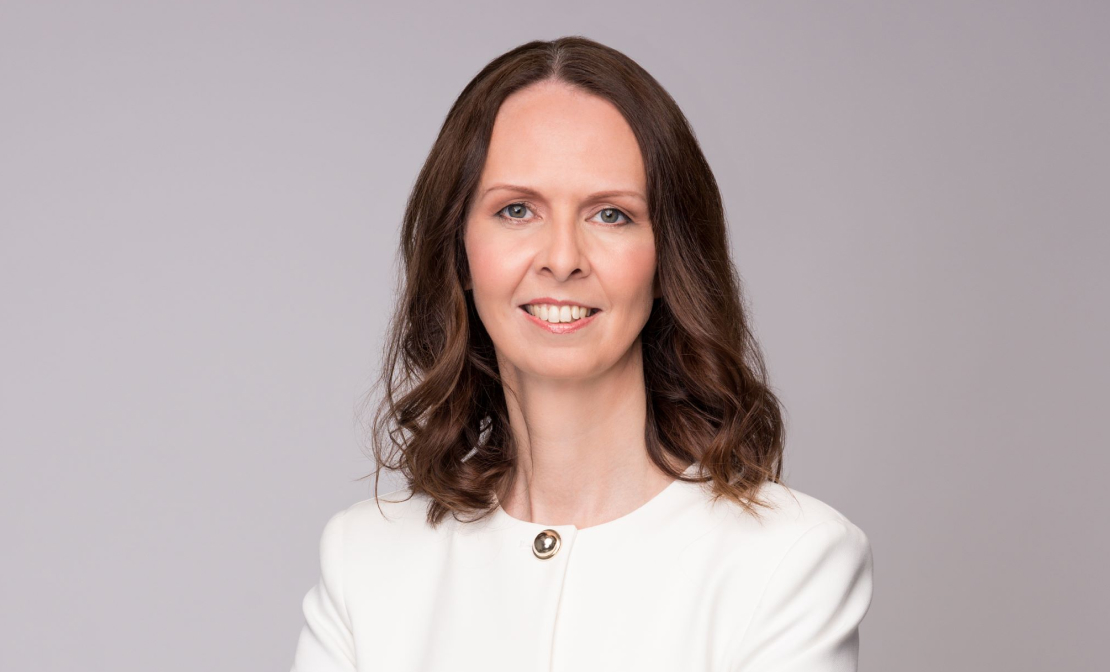When launching an Initial Public Offering (IPO) or attracting capital from individual investors or venture funds, robust financial transparency is non-negotiable. At the heart of this lies International Financial Reporting Standards (IFRS) reporting — a global benchmark for credibility. This article dives into why IFRS reporting is pivotal for IPO success and reveals how specialized software can transform its preparation, making it seamless, accurate, and efficient.
The Role of IFRS Reporting in IPO Preparation
Preparing financial statements in accordance with IFRS is a cornerstone of the IPO process. Its significance can be summarized as follows:
-
Transparency and Investor Confidence. IFRS provides a universally accepted and clear reporting format recognized by most international stock exchanges. Transparent reporting builds investor trust and reduces perceived risks, making the company more attractive to potential stakeholders.
- Compliance with Regulatory Requirements. Major exchanges mandate IFRS or US GAAP-compliant financial statements covering 2–3 years. Regulatory bodies scrutinize these reports to ensure adherence to international standards.
-
Comparability with Competitors. IFRS enables investors to benchmark a company’s financial performance against industry peers, a critical factor in assessing investment potential.
-
Identifying and Mitigating Financial Risks. The IFRS reporting process includes audits that uncover weaknesses in accounting, tax calculations, or management reporting. Addressing these issues reduces the likelihood of regulatory objections or IPO registration denials.
- Post-IPO Obligations. Once public, companies must regularly publish financial statements and disclose material information in line with exchange and regulatory requirements.
Key Aspects of IFRS Reporting Preparation
-
Converting local financial reports into IFRS-compliant formats.
-
Accounting for complex transactions, such as depreciation, provisions, and derivative financial instruments.
-
Disclosing information about related parties, business segments, and risks.
-
Conducting independent audits to validate the reports.
Time and Financial Costs
-
Preparing IFRS-compliant reports can take 6–12 months, particularly if the company has not previously adopted these standards.
-
Costs for auditors and consultants can reach millions of dollars, depending on the complexity of the business.
How to Automate IFRS Reporting Preparation
CPM systems have become invaluable for companies navigating the complexities of IFRS reporting. 1C:Perform excels as a premier tool for automating public reporting compliance, delivering the following advantages:
-
Streamlined automation: Enhances efficiency by automating the creation of IFRS-compliant, audit-ready reports with a transparent audit trail, reducing time and resource demands.
-
Standalone and Consolidated IFRS reporting: Provides 13 pre-configured IFRS adjustments: Bad Receivables, Inactive Stock, Financial Instruments (including Leasing), Hyperinflation Adjustment, etc.; translation from several charts of accounts (COA) to master COA/IFRS-COA; Reconciliation and Elimination; and preparation of consolidated IFRS financial statements.
-
Customizable adjustments: In addition to the 13 pre-configured IFRS adjustments provides adaptable settings to meet unique reporting requirements, ensuring precision and adherence to standards.
-
Seamless data integration: Effortlessly pulls data from various platforms, such as Excel and accounting software, streamlining the consolidation of financial information for IFRS compliance.
-
Support for complex structures: Adapts to the intricate frameworks of holding companies, enabling IFRS reporting for specific business units as required.
-
Big Four expertise: Backed by methodological guidance from Big Four accounting firms, guaranteeing trustworthiness and robustness.
For a deeper dive into how 1C:Perform facilitates IFRS reporting, check out our blog post: Navigating IFRS Challenges with Ease.
Going public through an IPO is a complex and costly process, often spanning 18–36 months, that demands transparency, financial discipline, and compliance with regulatory standards. IFRS reporting is at the heart of this journey, fostering investor confidence and ensuring alignment with exchange requirements. To succeed, companies must assemble a team of professionals—from financial experts to auditors and legal advisors—to navigate the IPO process and achieve public status.
Equally important is leveraging modern IT solutions to streamline IFRS reporting. Systems like 1C:Perform empower companies to prepare audit-ready financial statements with ease, ensuring compliance with IFRS and paving the way for a successful IPO.








